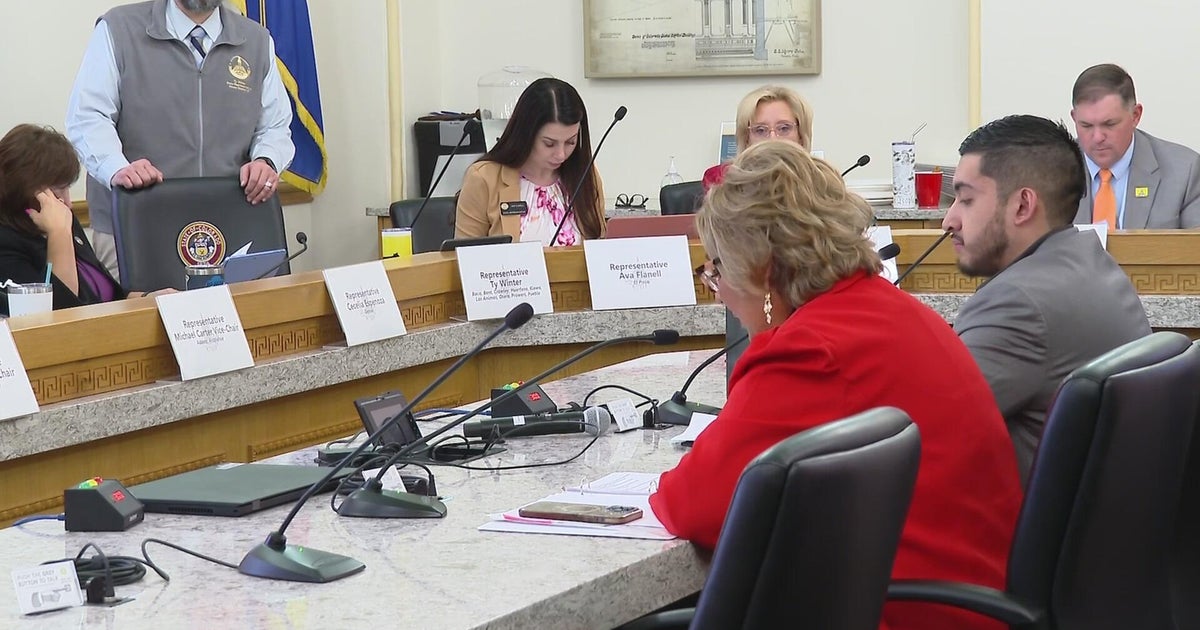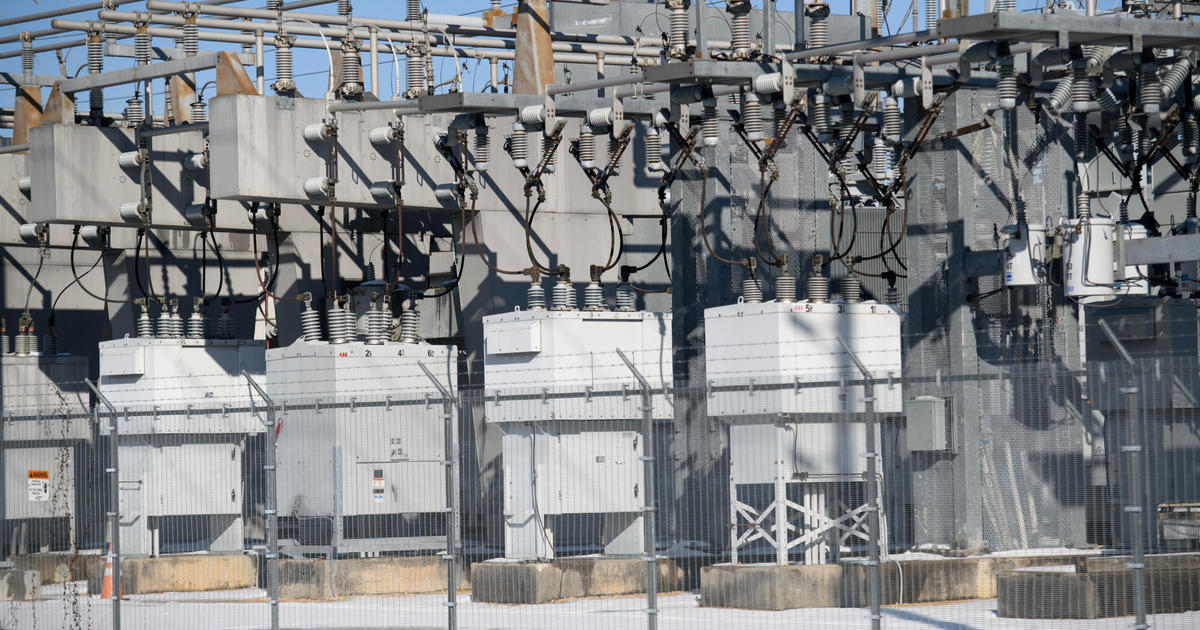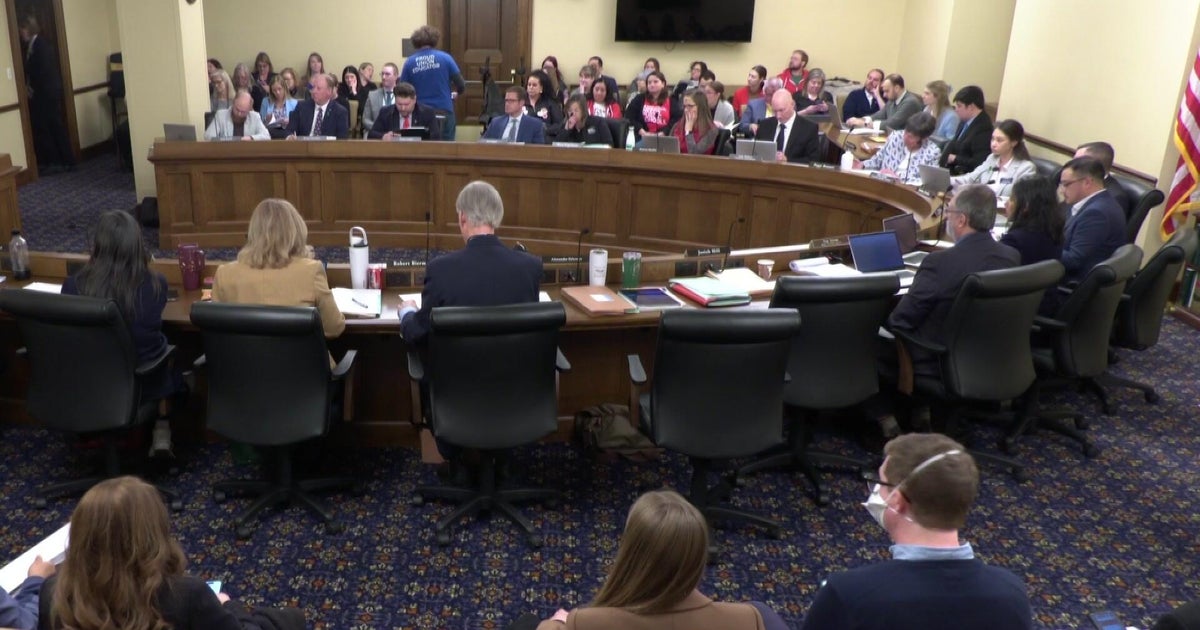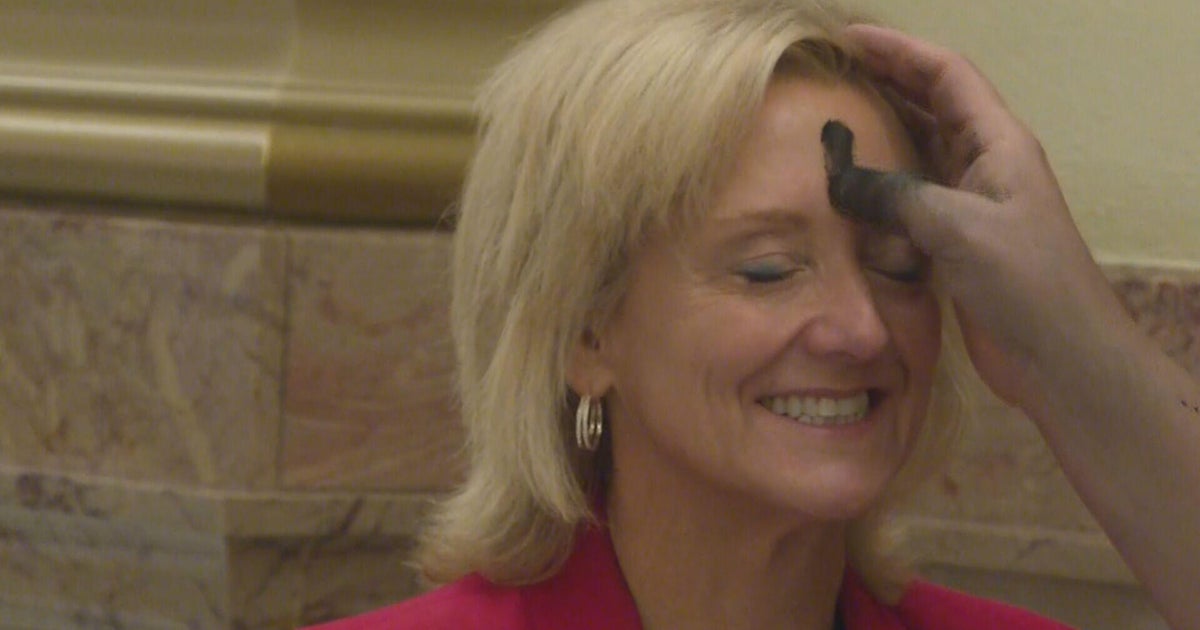Keep Daylight Saving permanently? Maryland lawmakers introduce bill that could make it happen
BALTIMORE - Should we ditch daylight saving time or make it permanent?
It's that time of year again. Don't forget to change your clocks this weekend.
Daylight Saving time is this weekend, but there has been a push to make it permanent at the state level in Maryland.
So is there really a chance this change could come?
At 2 a.m. Sunday morning, our clocks will once again spring forward an hour, meaning we will lose an hour of sleep.
WJZ's Amy Kawata is sharing more on the renewed push to end having to change your clocks twice a year, and how you can prepare yourself to adjust.
"We're losing a little bit of sleep, so unless you're very regimented and try to make that adjustment, it's going to be about a week or so until all of us adjust to the schedule," said Dr. Anita Naik, a sleep expert with MedStar Health.
The annual ritual means sunrise and sunset will come about an hour later, allowing for longer daylight hours in the evening.
"I like Daylight Saving," Baltimore resident Nathan Todd said. "It adds a little bit more daylight to the end of the day. It gives a bit more optimism to each day so I look forward to it."
"I'm not really used to having the sun go down really early," Baltimore resident Cecily Owens said.
About one-third of Americans say they don't look forward to these twice-yearly time changes, and nearly two-thirds would like to eliminate them completely.
Maryland delegate Brian Crosby introduced House Bill 165 which is currently in committee.
It would make Daylight Saving Time permanent, meaning Marylanders would keep their clocks set one hour ahead of standard time all year.
"This is a type of social jetlag," said Dr. Naik. "It doesn't seem like a big change, but our internal clocks do sense it."
Dr. Naik said "springing ahead" each March is connected to serious negative health effects.
And it even impacts your pets.
"Upwards about 20 percent, increase risks of heart attacks the week after Daylight Savings is instituted," Dr. Naik said. "There's increased risk of fatal car accidents by 6 percent."
There is a nationwide effort also underway to make this change.
Earlier this month, Senator Rubio revived the bipartisan Sunshine Protection Act, which would end the "antiquated practice" of changing clocks twice a year for the whole country.
"It was created for farming," Todd said. "This country is not based on farming as much anymore so I could see us getting rid of it."
Supporters say the idea would have positive effects on public health, crime, the economy and even cut energy consumption.
"I've seen models where they actually have two different time zones and that way it brings the country a lot closer together, you know, communicate easier with the opposite coast," Todd said. "I think that would be a lot better for work environments and communications."
Dr. Naik said she would like to see more consistency.
"The more you switch back and forth, I think it makes you more vulnerable to sleep deprivation and that's where we get into trouble with some of these health problems," Dr. Naik said.
And to help ease into the new time change, if you haven't already, doctors recommend adjusting your bed time by 10 minute increments in the days leading up to Sunday.







